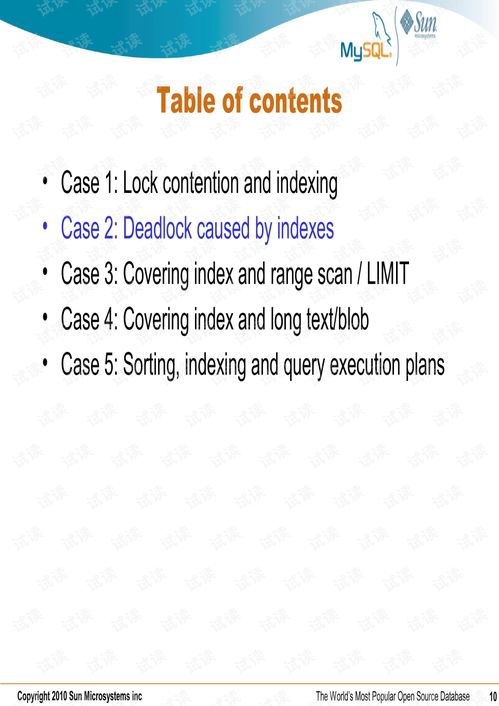Content:
Fishing in a farm pond can be a relaxing and rewarding activity, offering both tranquility and the thrill of catching fish. Whether you are a seasoned angler or a beginner, mastering the art of farm pond fishing requires a blend of knowledge, patience, and some practical tips. In this article, we will explore the ins and outs of farm pond fishing, including essential equipment, fishing techniques, and tricks to help you improve your chances of success.
Choosing the Right Equipment
The first step in farm pond fishing is to gather the right equipment. Here's a list of essential gear you should consider:
a. Rod and Reel: Select a rod and reel that suit your fishing style and the size of the fish you're targeting. For farm ponds, a medium-light to medium action rod and reel combination is usually sufficient.
b. Line: Use monofilament line in a suitable strength for the fish in the pond. A common range is 4 to 10 pounds, depending on the fish size.
c. Hooks: Choose hooks that match the size of the bait you plan to use. For farm ponds, size 6 to 10 hooks are usually appropriate.
d. Lures and Baits: Stock up on a variety of lures and baits, including artificial lures, live bait, and prepared baits like corn, worms, or dough baits.
e. Bait Tackle: Include a selection of sinkers, swivels, and split shots to help you present your bait effectively.
Understanding Farm Pond Fish Species
Different fish species require different fishing techniques. Familiarize yourself with the fish species present in the farm pond you plan to fish. Common fish found in farm ponds include:
a. Largemouth Bass: These fish are often found near shallow areas with cover, such as lily pads, logs, and reeds. Use techniques like topwater lures, crankbaits, and plastics to target largemouth bass.
b. Bluegill: Bluegill are often found in shallow, weedy areas of the pond. Live bait, such as worms or crickets, and small jigs or spinners can be effective.
c. Catfish: Catfish are bottom feeders and can be found in deeper areas of the pond. Use heavy-duty rods and reels, and baits like nightcrawlers, stink bait, or cut bait.
Effective Farm Pond Fishing Techniques
Now that you have the right equipment and know the fish species, it's time to apply some effective fishing techniques:
a. Cast with Precision: Pay attention to your casting technique. A well-placed cast can lead to more successful catches. Practice casting to different spots in the pond to get a feel for the distance and accuracy required.
b. Adjust Your Lure or Bait: Experiment with different presentations, such as slow rolling, twitching, or retrieving at various speeds. Watch the water closely for any signs of interest from the fish.
c. Be Patient: Farm pond fishing can sometimes be slow, so patience is key. Wait for the fish to bite, and don't be afraid to switch baits or techniques if you're not getting any action.
d. Observe the Pond: Keep an eye on the water's surface and listen for any signs of fish activity, such as splashes or bubbles. This can help you determine where to cast next.
Safety First
When fishing in a farm pond, safety should always be a priority. Here are some safety tips to keep in mind:
a. Always fish with a partner, especially if you're new to fishing.
b. Check the weather forecast before heading out and dress appropriately for the conditions.
c. Stay hydrated and bring along snacks and water to keep your energy levels up.
d. Be aware of your surroundings and stay away from dangerous areas, such as cliffs or steep drop-offs.

Tips for Beginners
If you're new to farm pond fishing, here are some additional tips to help you get started:
a. Start with the basics: Learn the basics of fishing, such as casting, knot tying, and baiting your hook.
b. Ask for advice: Don't hesitate to ask experienced anglers for tips and advice.
c. Practice makes perfect: Spend time practicing your casting and fishing techniques before heading out to the farm pond.
In conclusion, mastering the art of farm pond fishing involves understanding the right equipment, knowing the fish species, applying effective techniques, and prioritizing safety. By following these tips and techniques, you'll be well on your way to becoming a skilled farm pond angler. Happy fishing!












